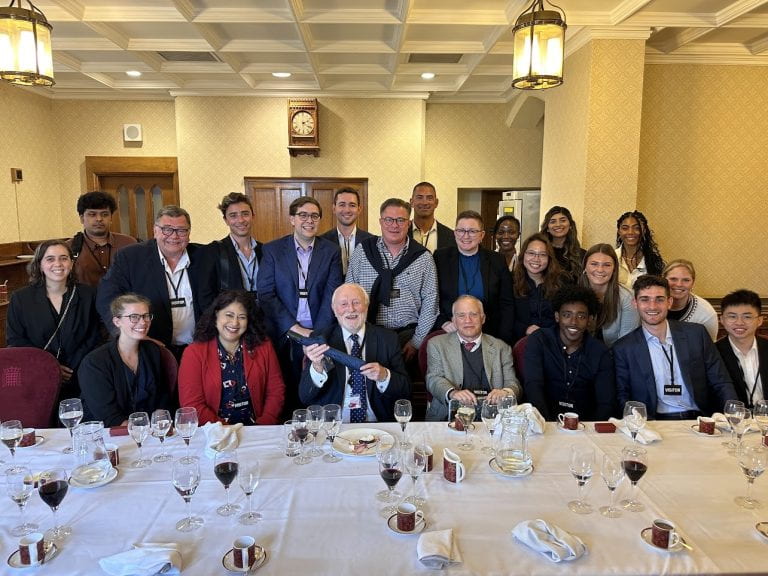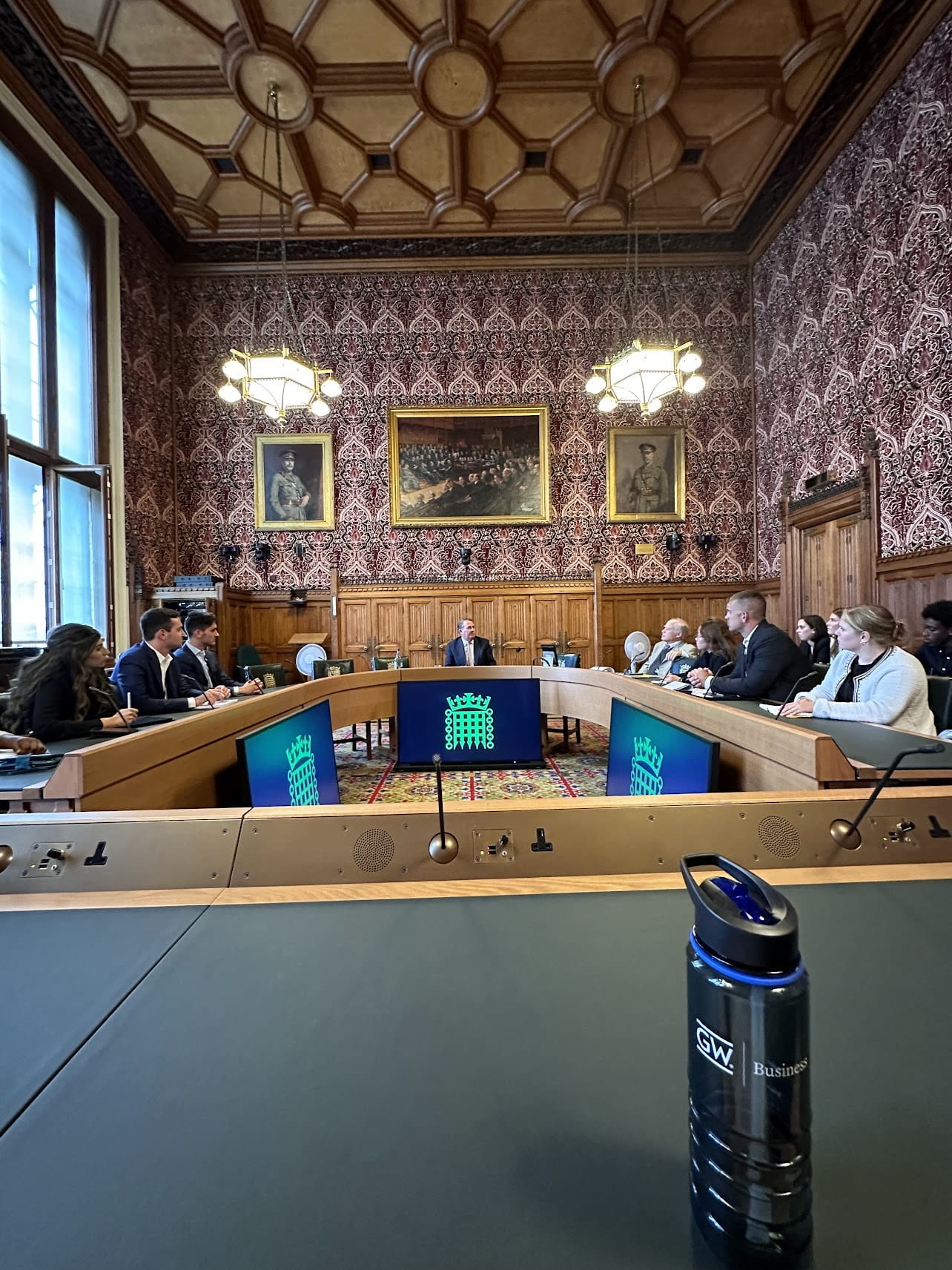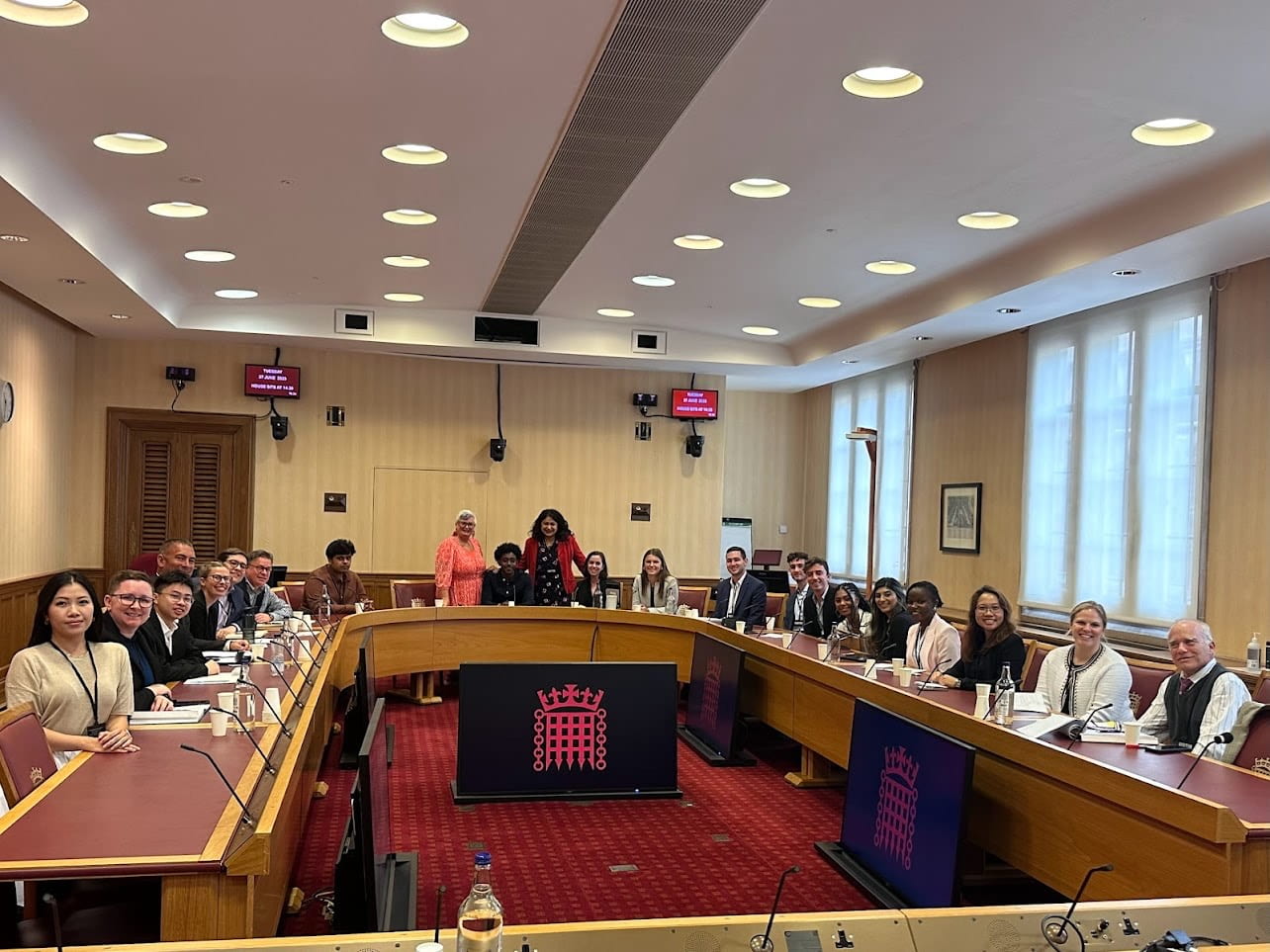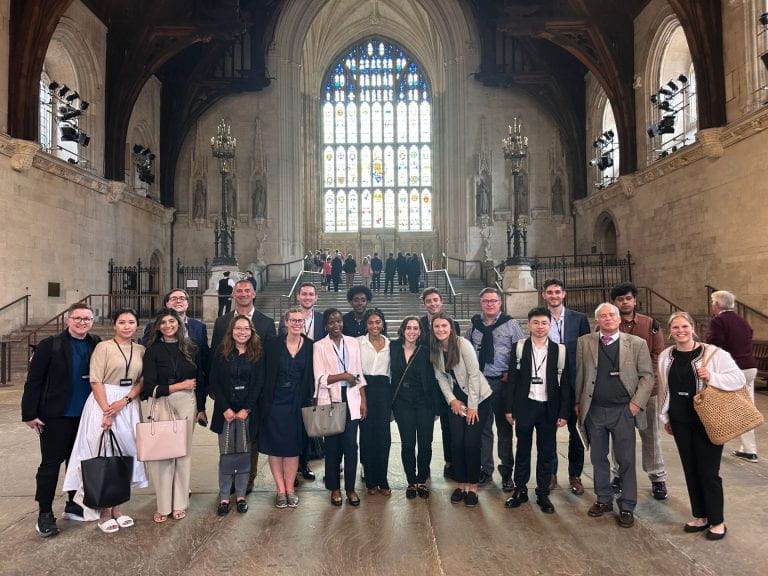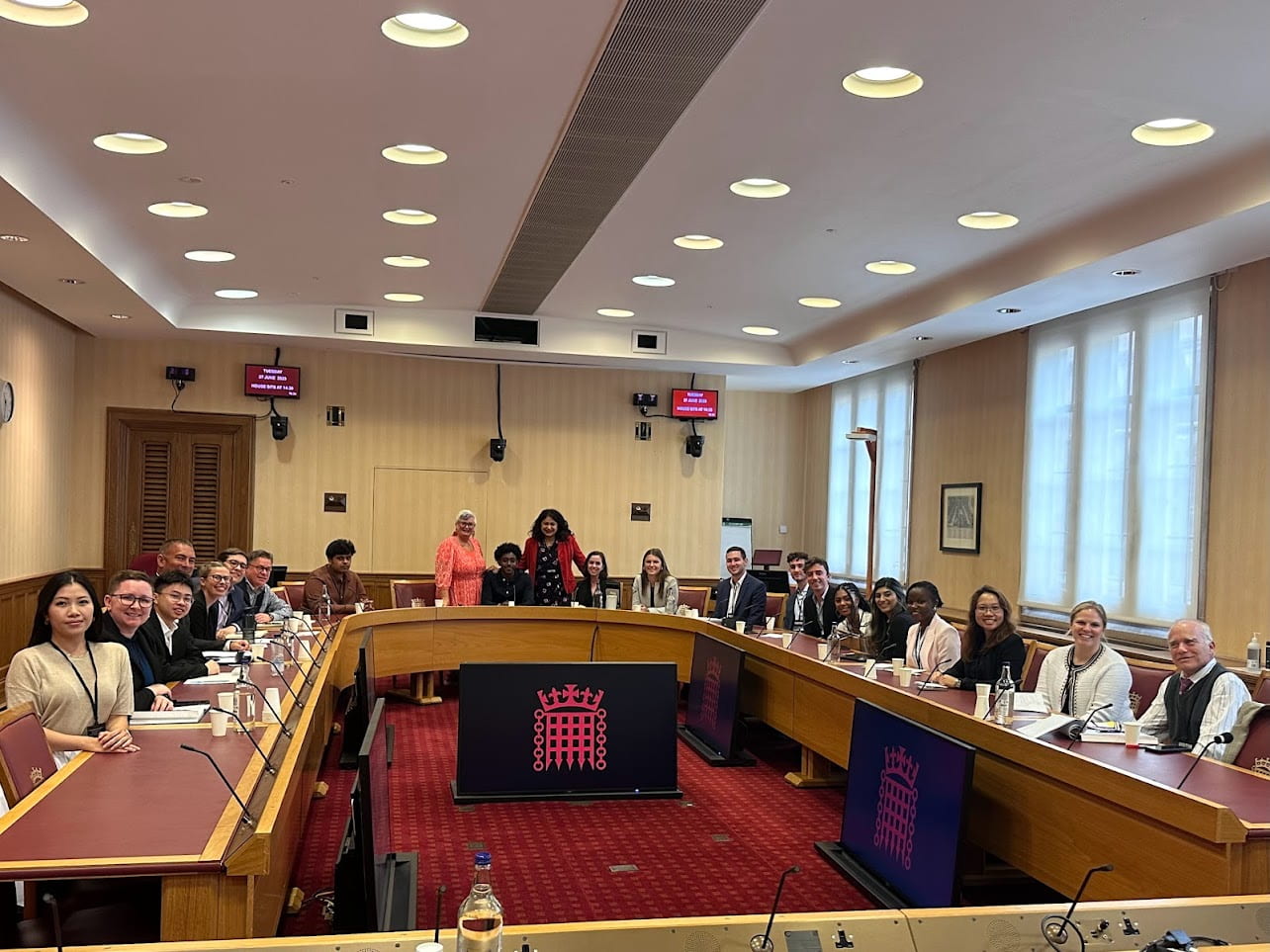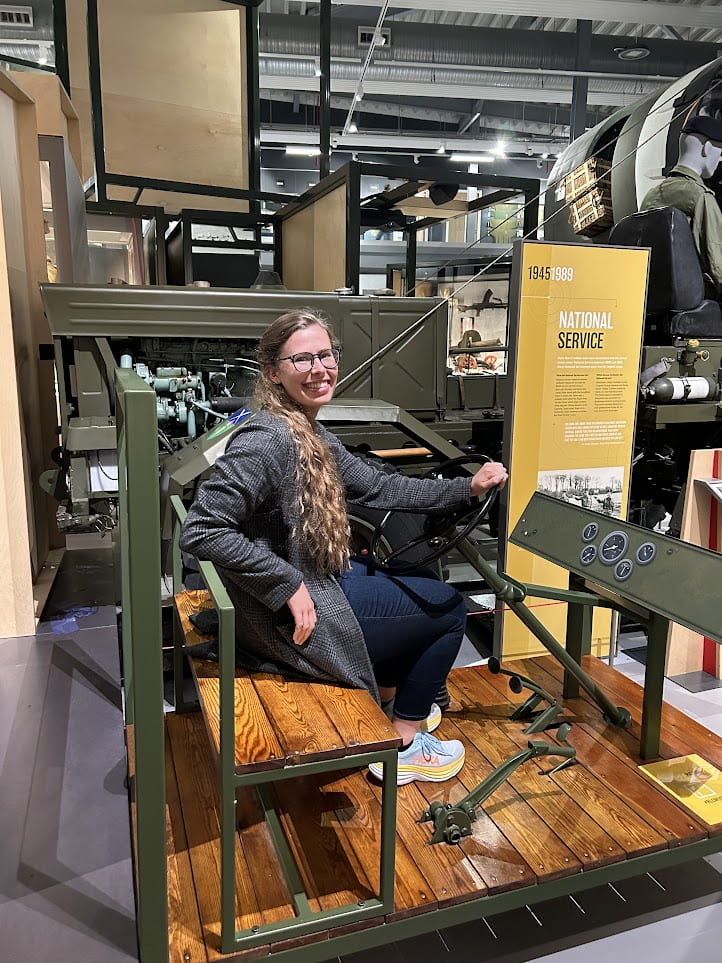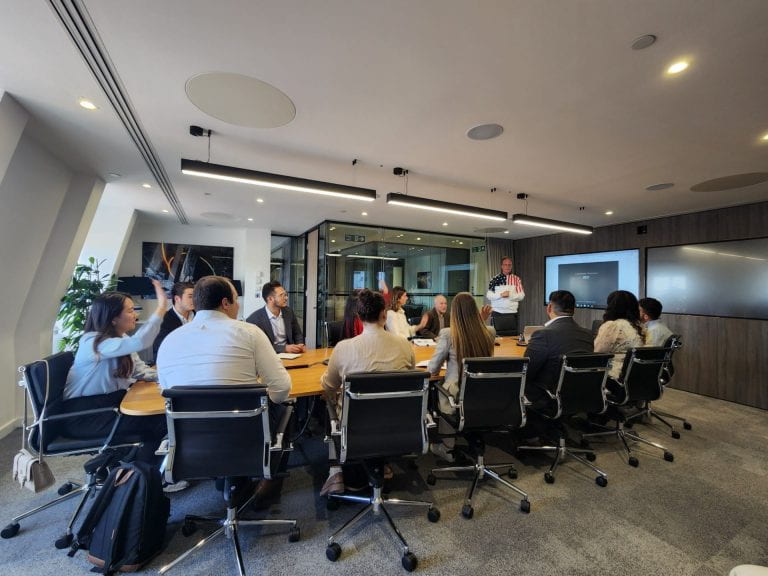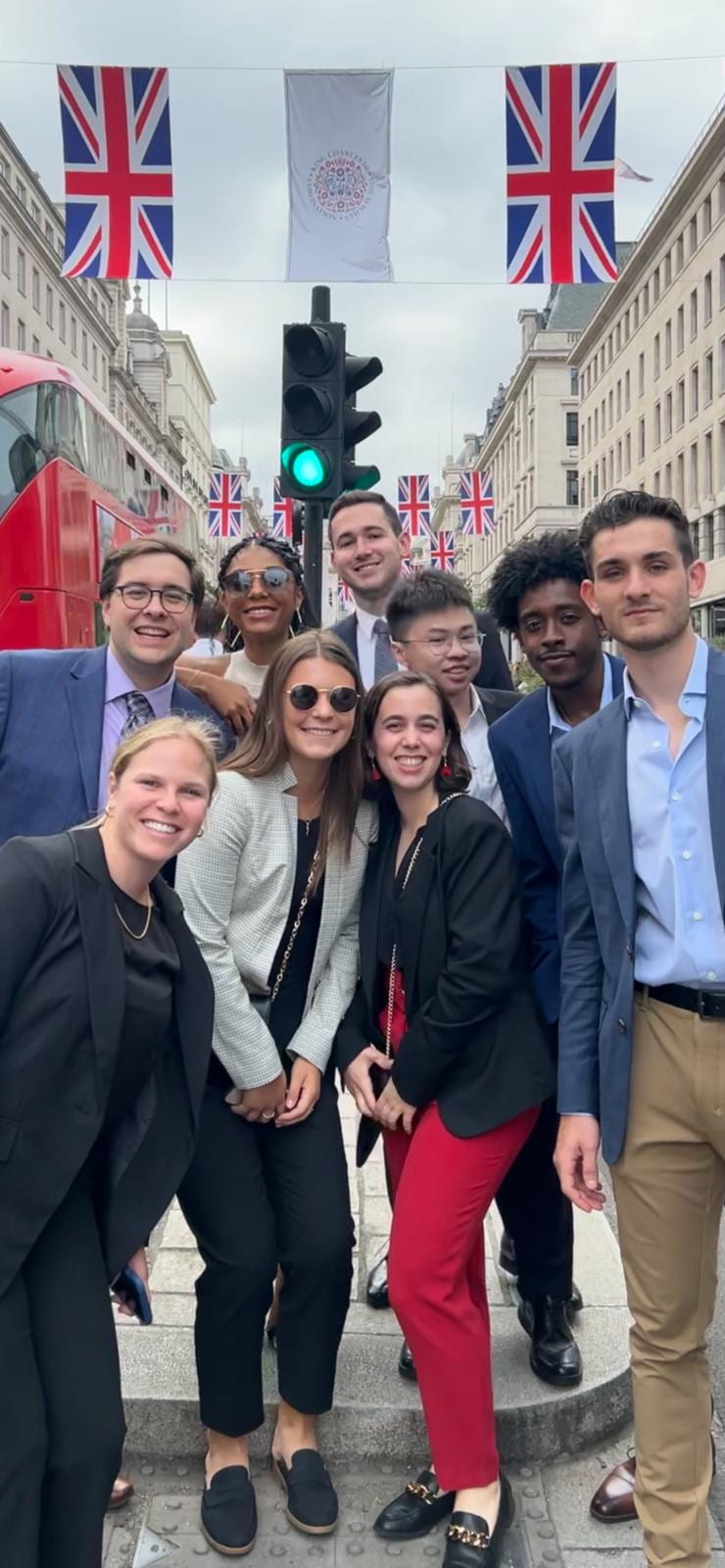By Vanessa Onwughalu
Winter 2024
Embarking on our voyage to Panama from January 2nd to January 10th, our study abroad excursion was a mosaic of diverse perspectives and academic backgrounds. With students representing eight distinct degrees from the GWU Business School, our journey transcended traditional boundaries, enriching our experience and broadening our horizons.
Arrival and Initial Impressions:
Stepping into Panama, we were greeted by a vibrant fusion of modernity and tradition. The initial shock of the bustling local atmosphere was tempered by the warmth of the culture, setting the stage for an immersive exploration.

Insight into the Local Business Environment:
Panama's business landscape unfolded as a dynamic tapestry, blending urban vigor with traditional charm. This unique juxtaposition provided fertile ground for our collaborative business project, reflecting the multifaceted nature of global commerce.




Engagement with Host Country/Culture:
Navigating through Panama's cultural landscape was an enriching journey. From haggling at local markets to indulging in authentic cuisine, each interaction offered a glimpse into the rich tapestry of Panamanian life, transcending linguistic and cultural barriers.
Impactful Class Excursions:
Our itinerary boasted transformative experiences, including visits to the World Bank Panama, Copa headquarters, and the serene Gamboa lake cruise. Each excursion offered invaluable insights into Panama's economic landscape, success strategies, and natural wonders, shaping our understanding of global dynamics.


Forging On-Site Connections:
Our cohort's diversity extended beyond academic disciplines, fostering connections that transcended classroom boundaries. From forging bonds with Hilton staff to networking with industry professionals and alumni, our interactions enriched our collective experience and expanded our professional network.

Differentiation from On-Campus Learning:
Diverging from traditional classroom settings, our Panama excursion offered hands-on learning opportunities across disciplines. Whether aspiring marketers, analysts, or consultants, students found real-world applications that augmented their academic pursuits, bridging theory with practice.

Climate Change and Community Impact:
The omnipresent issue of climate change manifested in the irregular tides in the city. We were genuinely shocked about the way the tides came out during the night and not at day.

In summation, our multidisciplinary study abroad to Panama transcended academic boundaries, uniting students from diverse backgrounds in a shared exploration of culture, business, and global citizenship. As we reflect on our transformative journey, the memories and lessons gleaned continue to resonate, serving as a testament to the power of experiential learning and cross-cultural engagement in shaping future leaders in a globalized world.


